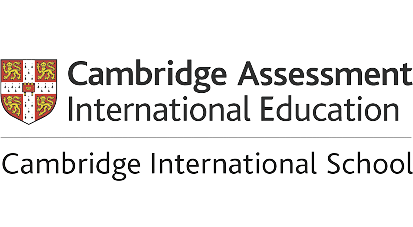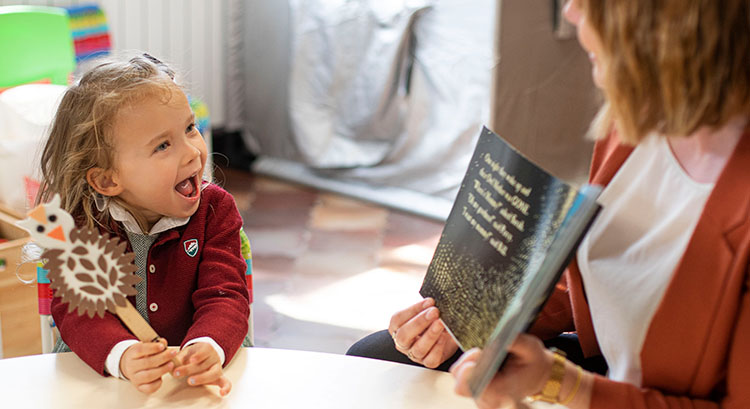
Dallington School
At Dallington School we comprehend the challenges with reading but recognise the reward of instilling a love of reading in each of our learners. The process of reading commences as early as Nursery at Dallington. Pupils begin to look at the opening phases in phonics, they will then use their acquired knowledge by producing the sound a letter or a combination of letters make.
Pupils are also made aware of the ‘Tricky’ or ‘Sight’ words that occur within the English language.
Knowing phonemes and tricky words is only a part of the process when learning how to read. At Dallington we recognise four key areas in reading:
Shared Reading: A key part of early reading as teachers model concepts of reading to the class using one big book.
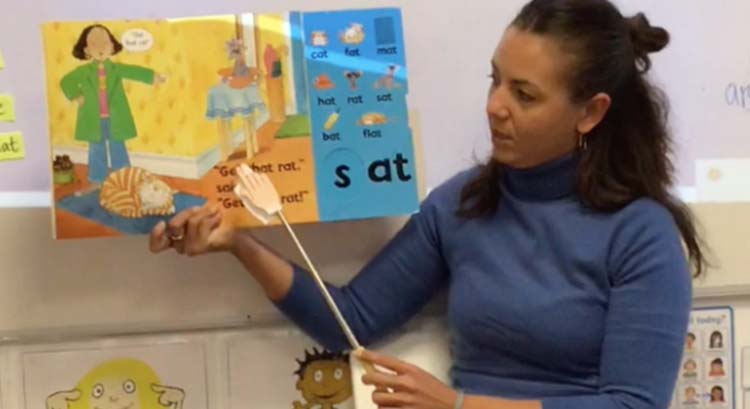
Guided Reading: The explicit teaching of specific reading skills in a group. Children all have the same text that is levelled appropriately. Teachers will ask a range of questions aimed at developing a range of skills within reading.
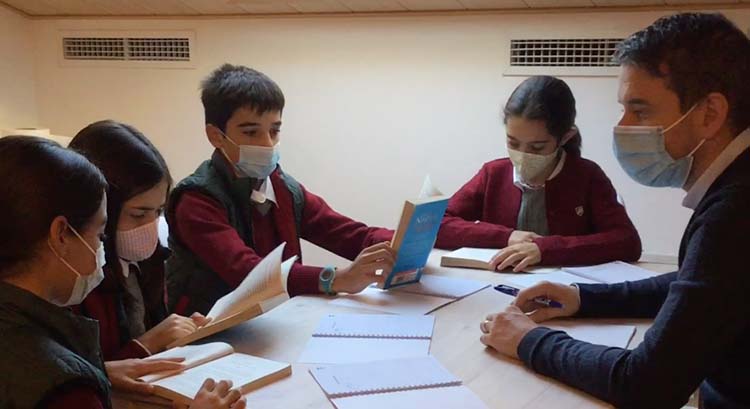
One-to-One Reading: The practice of reading a levelled text with an adult. Practising multiple skills at once rather than teaching a specific skill.
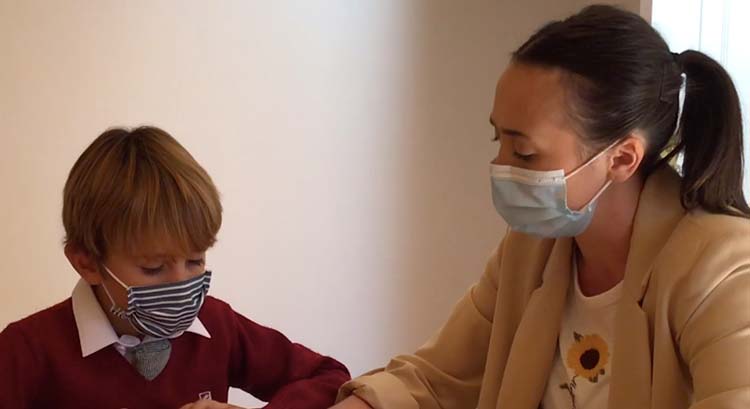
Independent Reading: Children read for pleasure and practise their reading skills by themself.

As parents, you may be curious to know how you can best support your child. The answer is through the questions you ask. The more your questions provoke thinking, then the deeper an understanding the child will have with the text they are reading. These are some types of questions you could ask that will push a child’s thinking in a particular skill:
- Retrieval – the ability to locate a word, phrases, sentence, or evidence in a text to support an answer.
- Vocabulary – demonstrating an understanding of a word, phrase or expression that has been used in the text.
- Summarising – to briefly describe in the correct order the main elements that have happened within the text.
- Inference – the skill of using a clue or a range of clue in a text to justify an answer to a question.
- Prediction – determining what possible event(s) could happen based on the information in a text
- Compare, Contrast and Comment – this is the ability to analyse, synthesise and evaluate what has been read.
- Author’s Choice – taking the position of the author and considering why they have written in a particular manner.
In summary, I hope the following information into ‘Reading at Dallington School’ explains that we recognise the challenges associated with reading but how we at Dallington support pupils in the process to becoming a competent reader. Learning to read is a developmental process which takes time, patience, and support, it is not a measure of intelligence. When a student is equipped with the ability to read then we open the world of opportunity for them, and as facilitators (teachers and parents) in the process we must make sure that we ask the right questions and broaden their exposure to a range of literature (fiction, non-fiction and poetry).
The more you read,
The more things you know.
The more that you learn,
The more places you will go!
Doctor Seuss
Mr. Peter Hay
Head of Primary and Secondary



